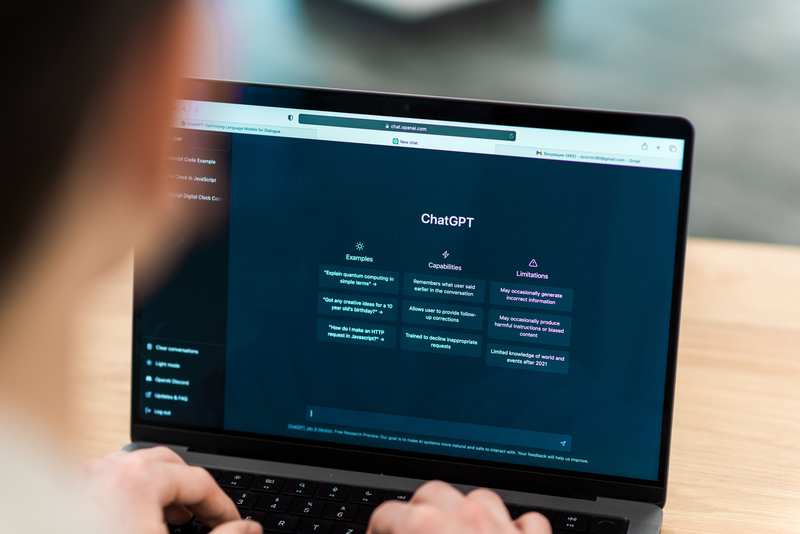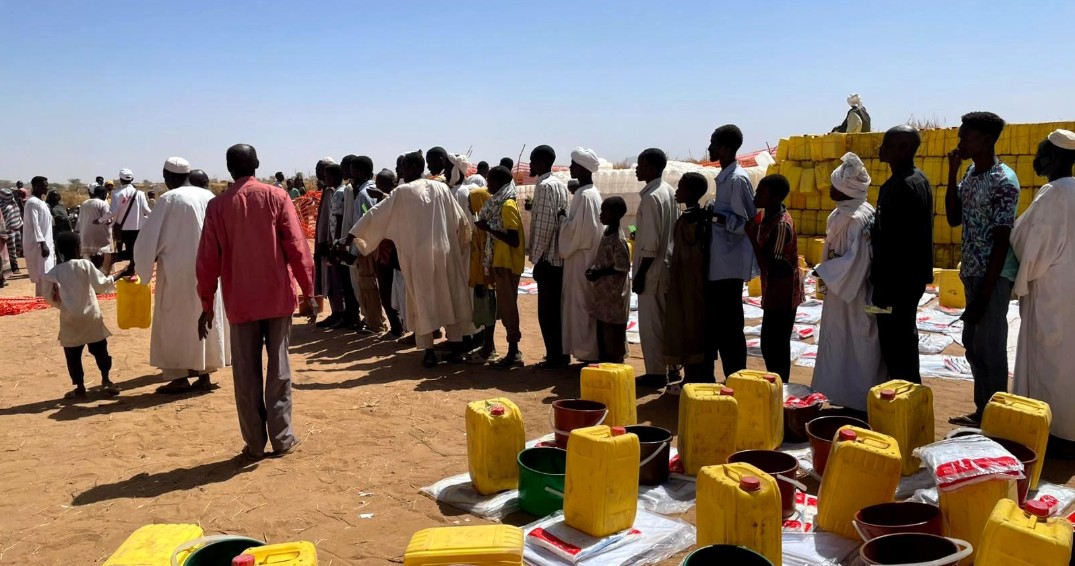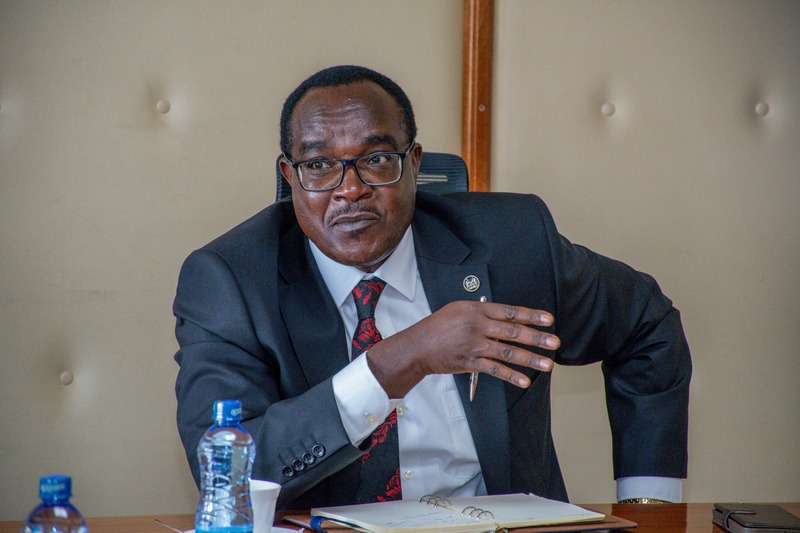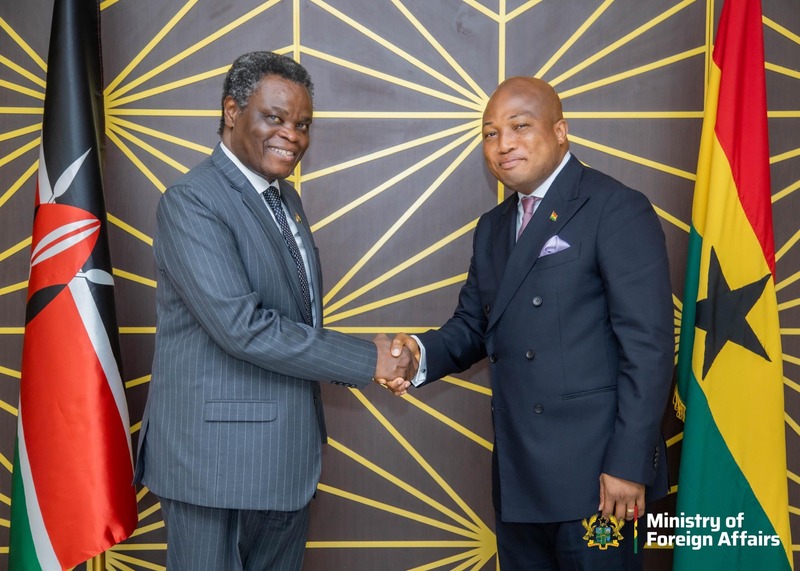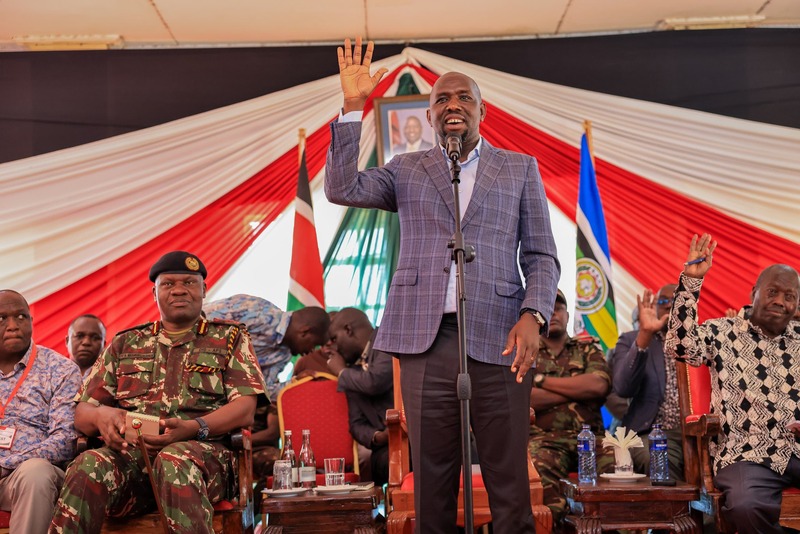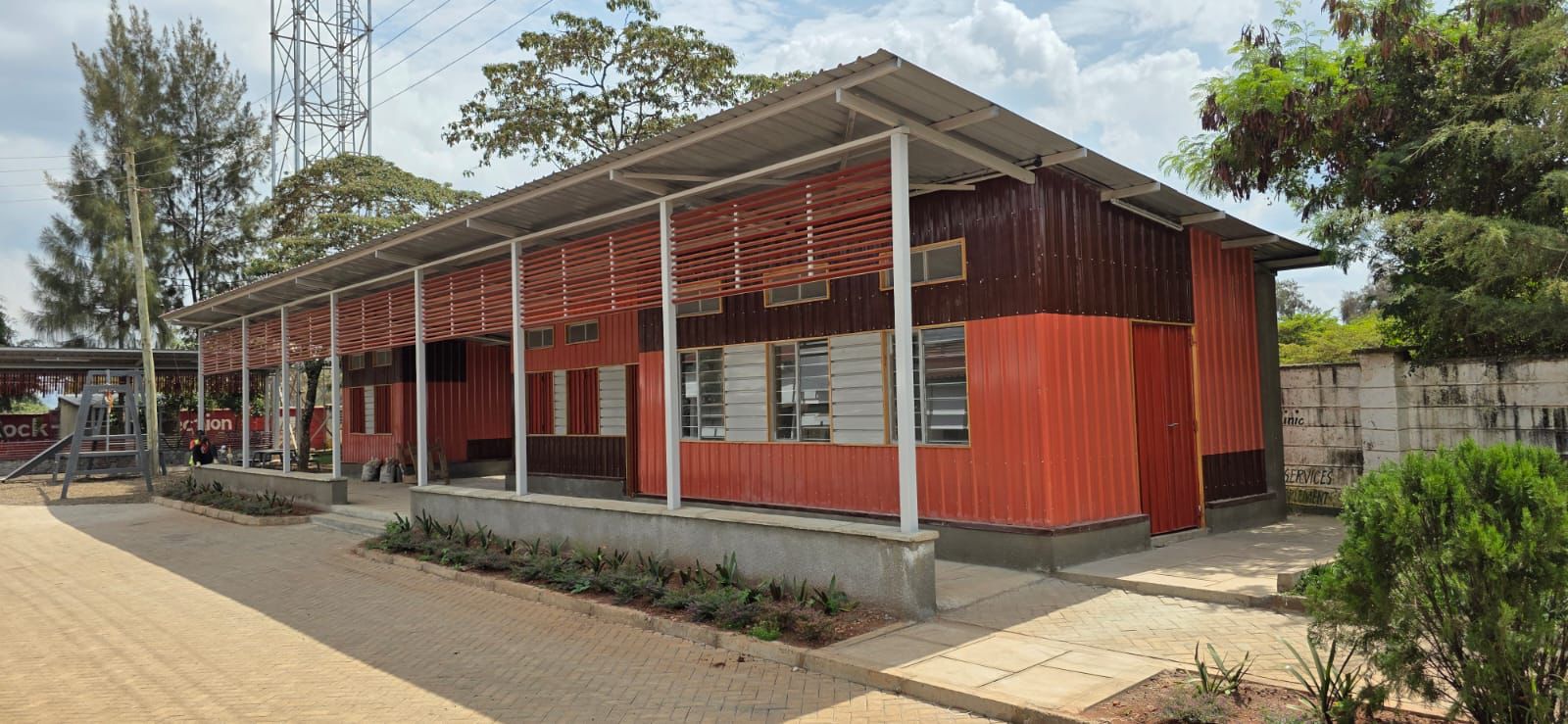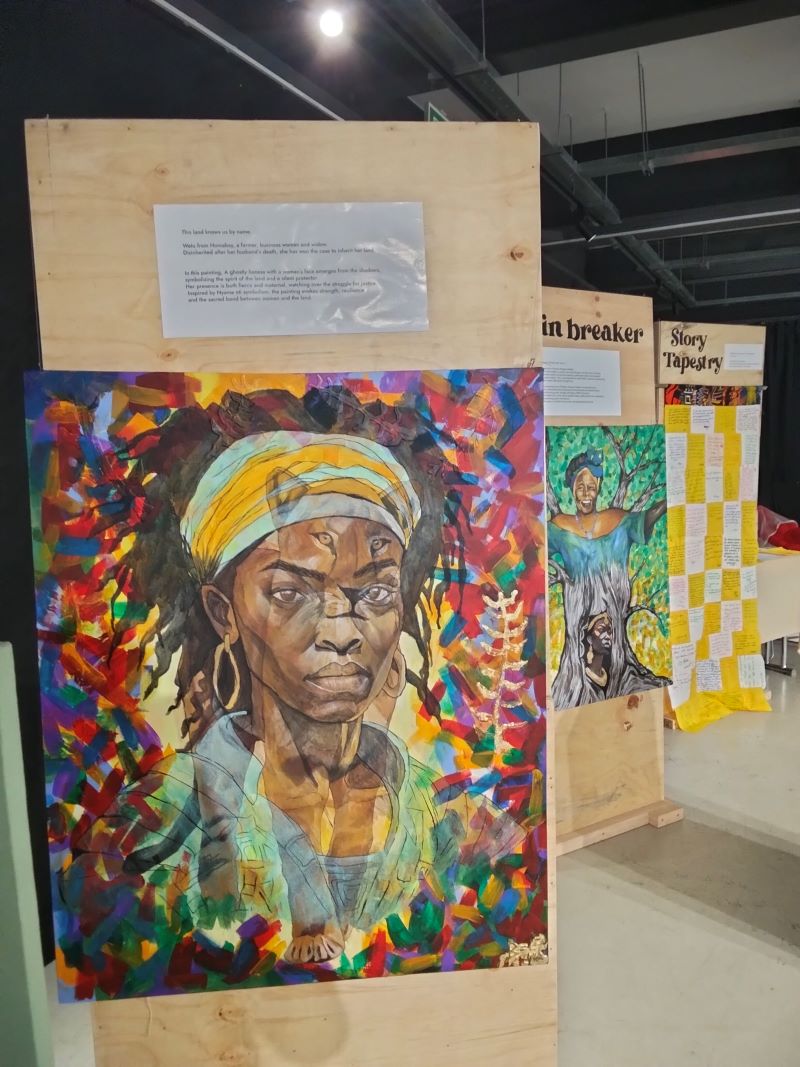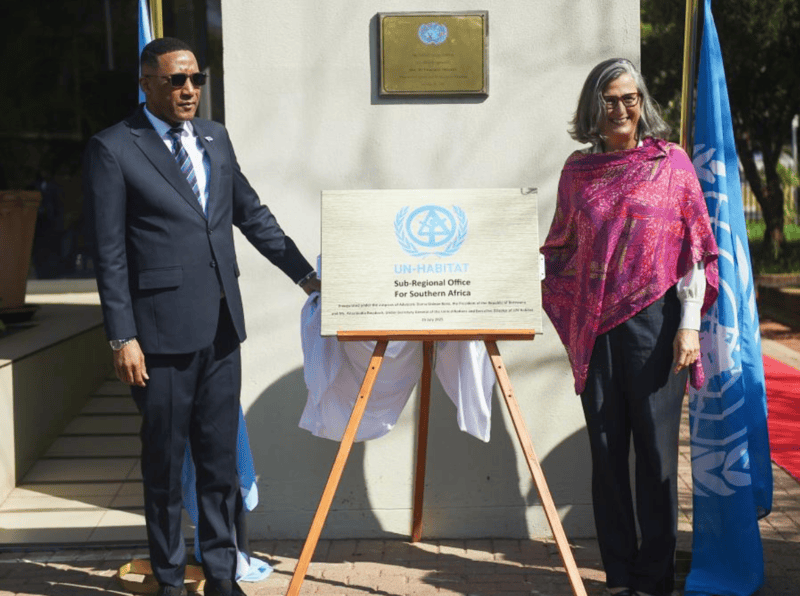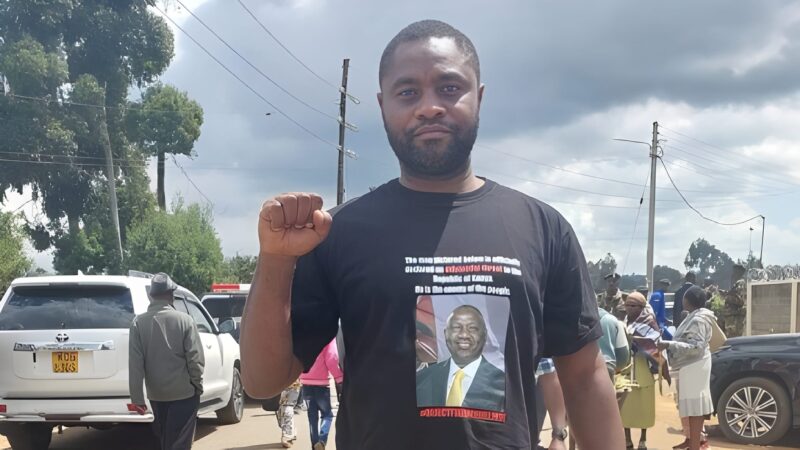What next? Lawmakers question legal, financial implications of terminating Adani deals
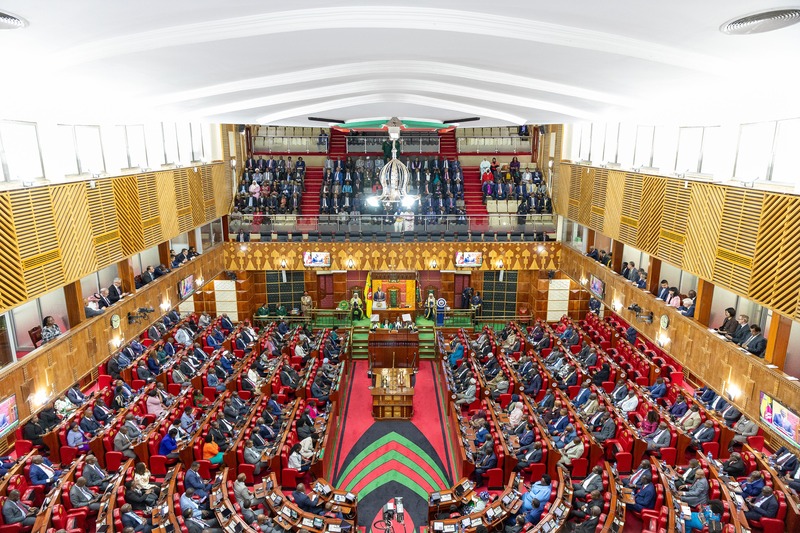
While the cancellation is seen as a positive step in addressing public concerns, questions remain over its long-term implications.
A few hours after Energy Cabinet Secretary Opiyo Wandayi assured the Senate that the Ketraco-Adani project would proceed despite fraud charges against the Indian conglomerate in the United States, President William Ruto directed the cancellation of all deals involving the Adani Group.
Appearing before the Senate Committee, Wandayi emphasised that the government conducted comprehensive due diligence on the Adani Group before engaging the firm. He maintained that no adverse findings emerged during the process and dismissed concerns about the ongoing fraud investigations as unrelated to the project.
More To Read
- Energy CS Opiyo Wandayi under fire as MPs question impact of Sh1.4 trillion oil deal
- KAA calls for public input on airport plans months after collapse of controversial Adani deal
- Raila calls for unity, blames politics for collapse of Adani deal to expand JKIA
- Row over government's decision to lease strategic LPG handling facility to Nigerian firm
- State eyes Sh70 billion in private funds for 2025/26 infrastructure projects
- Government announces new appointments across key ministries
Under the Private Public Partnership (PPP) Act, Wandayi explained, the government uses a detailed mechanism for vetting potential partners. Based on this, he defended the decision to move forward with the project, claiming no issues were anticipated.
However, during his State of the Nation address on Thursday, President Ruto ordered the Ministries of Transport and Energy to terminate all proposed deals with Adani. He cited credible evidence from relevant agencies as the basis for the decision, stating that the agreements could not proceed under the circumstances.
The cancellation has sparked mixed reactions among lawmakers, with some lauding the President’s responsiveness to public concerns while others questioned the financial and legal implications of the move.
Legislators broadly supported the decision, highlighting the importance of addressing public unease surrounding the controversial deal.
However, concerns were raised about transparency in PPPs, accountability for those involved in flawed agreements, and the costs associated with termination, including potential breach of contract penalties.
 The logo of the Adani Group is seen on the facade of one of its buildings on the outskirts of Ahmedabad, India on April 13, 2021. (Photo: File/REUTERS/Amit Dave)
The logo of the Adani Group is seen on the facade of one of its buildings on the outskirts of Ahmedabad, India on April 13, 2021. (Photo: File/REUTERS/Amit Dave)
Although there was widespread relief that the deal had not been finalised, the lawmakers insisted on the consequences associated with its termination.
"It is important for the government to carry out public participation and have full disclosure on PPPs. I am happy that the JKIA deal had not been signed, but I’m concerned about the Ketraco deal if there is any agreement that had been reached," Narok Senator Ledama Olekina said.
Marakwet West MP Timothy Kipchumba highlighted the importance of accountability following the cancellation. He added that those involved in the irregularities leading to this cancellation must face the law.
"I sincerely thank the President because he listened to Kenyans who have said that we do not associate ourselves with this Adani deal. Going forward, the question is this: this deal has been cancelled, and there will be consequences for breach of contract. Those involved in the irregularities leading to this cancellation must face the law and be answerable to this country," Kipchumba said.
Nandi Senator Samson Cherargei expressed satisfaction with the President's broader actions, saying the cancellations should be extended to the involved deals.
"We are pleased by the cancellation of Adani deals both on energy and roads. We should also extend it to health because we are aware that Adani was engaged in other PPPs," he said.
Eldas MP Adan Keynan echoed similar sentiments, describing the agreements as fundamentally flawed. "From day one, the Adani deals were suspect, wrongly placed, and wrongly centred. What the President has done is to be accountable to the concerns of the people of Kenya and accept that these deals, from the start, were bound to fail."
Others emphasised that the challenges exposed by the deal go beyond a single agreement.
Homa Bay Senator Moses Kajwang cited issues such as corruption, a struggling economy, and a lack of public trust were highlighted as systemic problems that the government must address to rebuild confidence.
He argued that the President’s focus on macroeconomic indicators overlooked pressing issues such as hunger, a broken education system, and a struggling healthcare sector.
"Adani was not the problem; Adani is a symptom of the problem, and the problem is corruption. If you speak to Kenyans, their concern is about the economy, the state of education and healthcare, and corruption. The address today was fairly underwhelming. Kenyans are hungry, broke, and their education and health systems are broken. The President speaks as if he belongs to an alternative universe," he said.
Migori Senator Eddy Oketch said, "The government was facing a big challenge of loss of public confidence, instigated by a dwindling economy. The takeaway is the issue of Adani—it has been a thorn in the flesh of Kenyans regarding public trust. I hope the President will listen more and make decisions that reflect the cries of Kenyans on various issues."
However, some lawmakers described the cancellation as a reflection of the government’s responsiveness to public sentiment, noting that it underscored a shift towards addressing citizens’ concerns on economic and governance issues.
They pointed to the growing role of public input, including online activism, in shaping government decisions.
"President Ruto is coming out as a listening President, and this administration is changing the way they engage with the public. If this continues, even the protests we see on the streets or the destruction of property will not happen. This cancellation shows that social media protests, TikTok videos, and WhatsApp statuses expressing dissatisfaction matter," Molo MP Kuria Kimani said.
While the cancellation is seen as a positive step in addressing public concerns, questions remain over its long-term implications.
Top Stories Today

